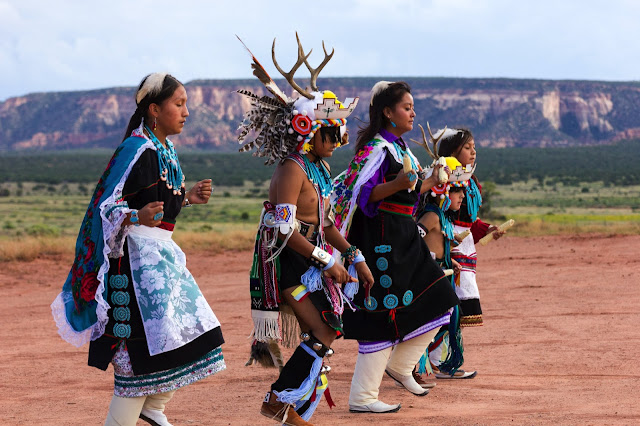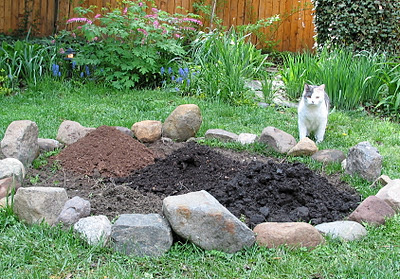State of the Native nations: Iowa commission meets in Des Moines
This article was published in Indian Country Today in 2011. It was funded in part by the George Polk Center for Investigative Reporting. For more on topics like this, see my book, American Apartheid: The Native American Struggle....
| ICNAA flag by Iowa governor's office. |
“Keeping our families intact is a priority,” said Judy
Yellowbank, Winnebago Tribe of Nebraska and vice-chairperson of the Iowa
Commission on Native American Affairs. “So much relates to that.” Yellowbank,
who presided over ICNAA’s October meeting in Des Moines, said the group spent two
days discussing problems facing the state’s Native community. Primary among
them were ongoing difficulties implementing ICWA (the Indian Child Welfare Act).
“We set up a subcommittee, which I’m part of, to address ICWA issues,” said Yellowbank, who is also program manager of Four Directions Community Center, a Sioux City organization that has long focused on child welfare and juvenile justice. “We have both state and federal ICWA laws here, but they aren’t necessarily enforced.”
“We set up a subcommittee, which I’m part of, to address ICWA issues,” said Yellowbank, who is also program manager of Four Directions Community Center, a Sioux City organization that has long focused on child welfare and juvenile justice. “We have both state and federal ICWA laws here, but they aren’t necessarily enforced.”
Said
ICNAA’s chairperson, Judy Allen, Ponca Tribe of Nebraska, “There are simply no
consequences when the courts or other players don’t comply with the law—when
they don’t notify tribes in time to become involved in the placement of a
child, for example. And once our people are in ‘the system,’ whether it’s child
welfare or the prisons, they are quickly lost to us.”
Yellowbank
noted some progress in Iowa child welfare, including the work of the Sioux City
group, Community
Initiative for Native Children and Families (CINCF), which reports its minutes
to the commission. CINCF (pronounced “sink”) brings together government
officials, NGOs and community members to address the disproportionate number of
Native children in the child-welfare system; the group provides training sessions for social-services
workers and court personnel, among other activities.
One
improvement, said Yellowbank, was the hiring of a Native American social
worker for the unit of the human-services department that serves Woodbury
County’s relatively large Native population. (Though the group is commonly referred
to as the “Native unit,” it didn’t have a Native American professional on staff
until then, though it did have two Native American community liaisons.) Going
forward, ICNAA hopes to see more Native units in more Iowa counties and the
hiring of more Native American professionals, Yellowbank said.
Other
matters ICNAA took up at its October meeting included stalled state approval
for a policy to protect Native American prison inmates’ access to spiritual
activities, an effort led by Judy Morrison, Cherokee/Osage and the Native liaison to the corrections
department, and difficulties getting a capitol-building display set up to
increase awareness of the Native population, an endeavor headed by ICNAA
commissioner Tom Cornwell, Cherokee.
“We
feel Native people are on the bottom of the list in Iowa,” said Allen. “But no
matter how many setbacks, ICNAA figures out ways to get things done. As a new
commission—set up by the governor in 2008—we’re still learning the ropes and
developing allies. We see there are legislators willing to work with us. Most
important, we just don’t quit.”
Text c. Stephanie Woodard; photo courtesy of the Iowa Commission on Native American Affairs.
Text c. Stephanie Woodard; photo courtesy of the Iowa Commission on Native American Affairs.

